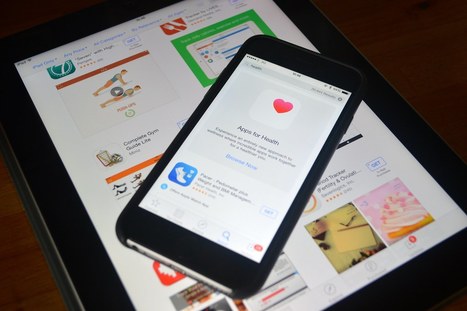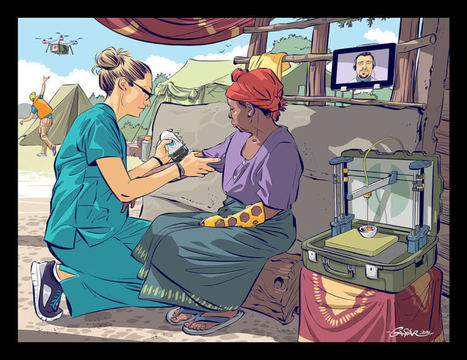It’s time for healthcare organizations to make bigger investments in mobile patient engagement.
The past year’s pandemic struck a painful blow to health organizations’ pre-COVID patient engagement efforts. There are now fewer patient visits amidst coronavirus fears and stay-at-home orders.
People are simply not going into clinics to address non-COVID medical needs. The result is more serious health issues developing, such as cancers being found at later stages and chronic conditions advancing beyond easy treatment options.
As patient engagement strategies ramp up, mobile communication channels are becoming more attractive for reaching those living in geographically isolated areas, far from their medical providers.
While video visits have replaced many non-urgent in-person visits, those in rural areas struggle to use even telemedicine options due to lack of access or unreliable broadband connectivity. The travel is too far and the technology is not part of their daily lives making healthcare completely out of reach.
Because most people own a cell phone, mobile is an ideal way to communicate and elicit collaboration for health.
Healthcare systems that leverage mobile channels are finding this platform a powerful way to serve patients.
Text (SMS) is an ideal channel for reaching underserved communities, as one does not need a smartphone or broadband to send or receive SMS messages.
SMS also provides a quick and easy way for patients to send information back to their doctors about side effects related to the vaccines. Moving beyond one-way communication with SMS gives patients a way to ask questions or relay information on their current health status.
To take things beyond basic SMS, healthcare providers can consider fleshing out a full mobile communications strategy to deliver tailored analytics. With real-time data and services, staff work-flow can be improved and resources can be allocated more efficiently, also lowering costs. It’s the next step up from SMS but patients with chronic conditions who have mobile access to medical portals showed improved self-management and an increase in regular contact with their care team.
read the entire piece at https://hitconsultant.net/2021/04/29/mobile-channels-improve-patient-engagement-outcomes/#.YIt7UOvhUf0
Via nrip



 Your new post is loading...
Your new post is loading...















Its high time every physician, clinic and hospital, looks at incorporating mobile apps in their way of practicing medicine. Most have already started using it as a means of communication owing to the pandemic. Use that as a stepping stone into exploring the world of mobile touch points between patients and care providers, enhance your websites to be mobile friendly, or personalized mobile apps.